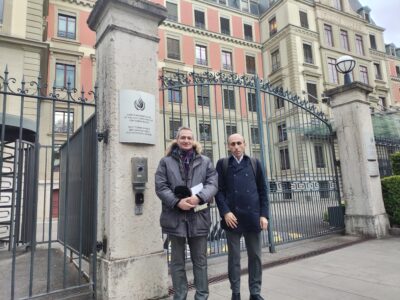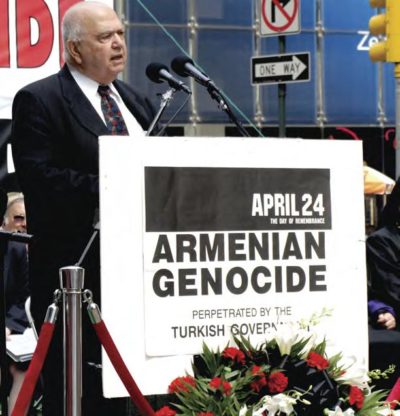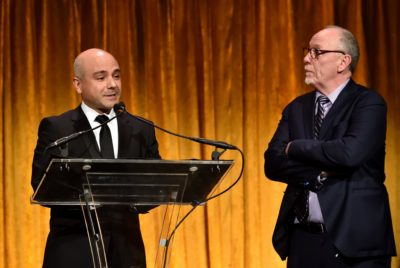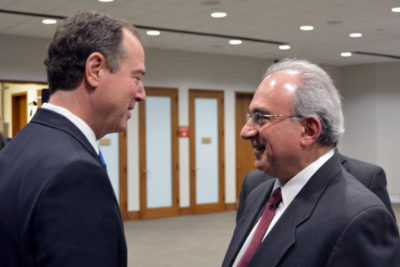By Alin K. Gregorian and Aram Arkun
BOSTON — Starting on the afternoon (ET) of April 24, 2021, members of the Armenian community could talk about little else other than President Biden’s statement unambiguously recognizing the Armenian Genocide.
What was even more interesting was that the story made headlines around the world. From the Washington Post to the BBC and the New York Times, there were few outlets that did not showcase Biden’s Armenian Genocide statement.
But what does it mean going forward? Why now?
Several influential people in the Armenian world offered their own ideas.
Richard Hovannisian, the holder of the Modern Armenian History Chair at the University of California, Los Angeles, for whom the chair was renamed after his retirement, as well as the author of several books on Armenian history, offered a long view of the Genocide as well as its denial. As probably the foremost senior living Armenian historian of the modern period, he was interested in what might happen next.












